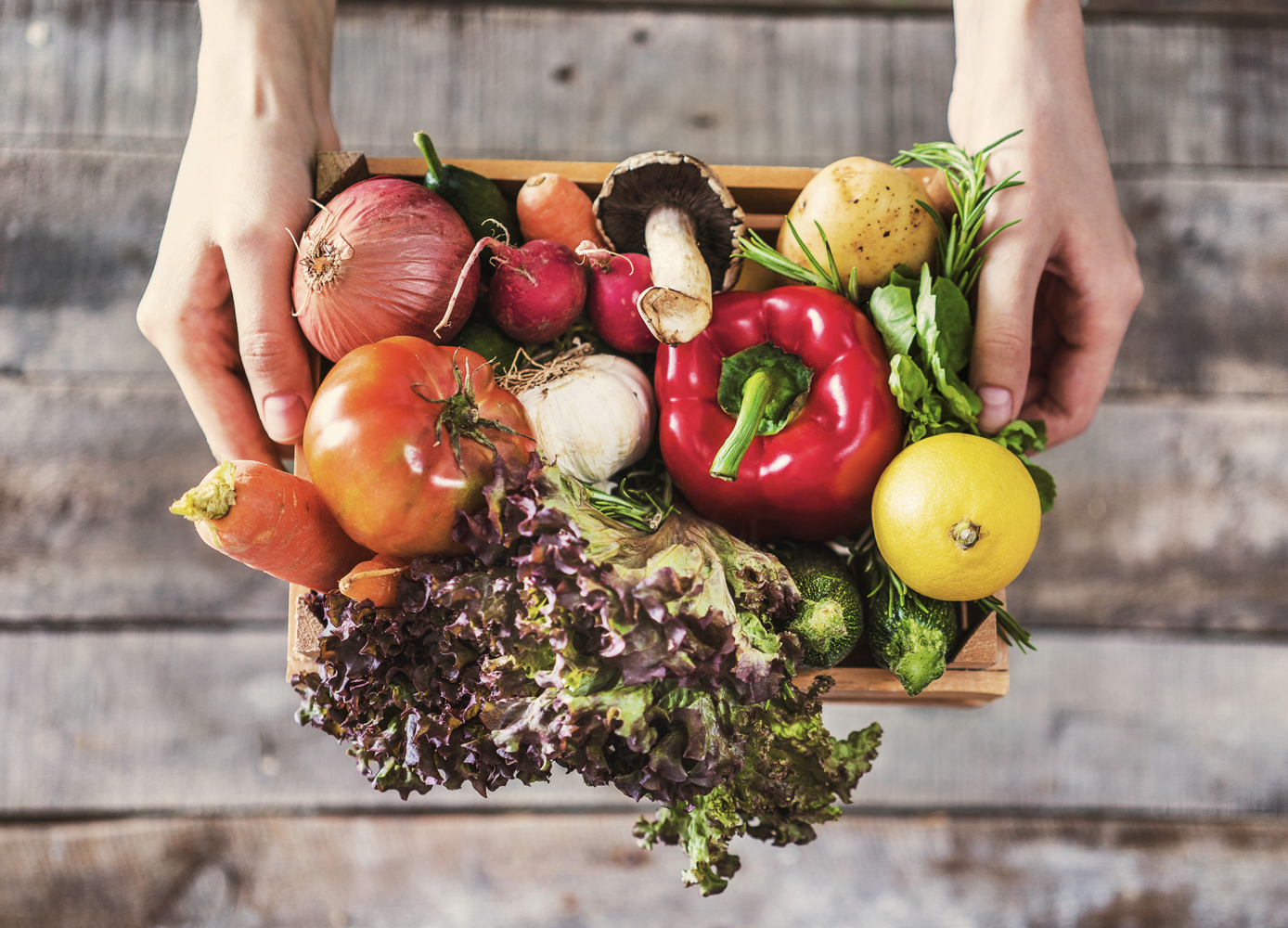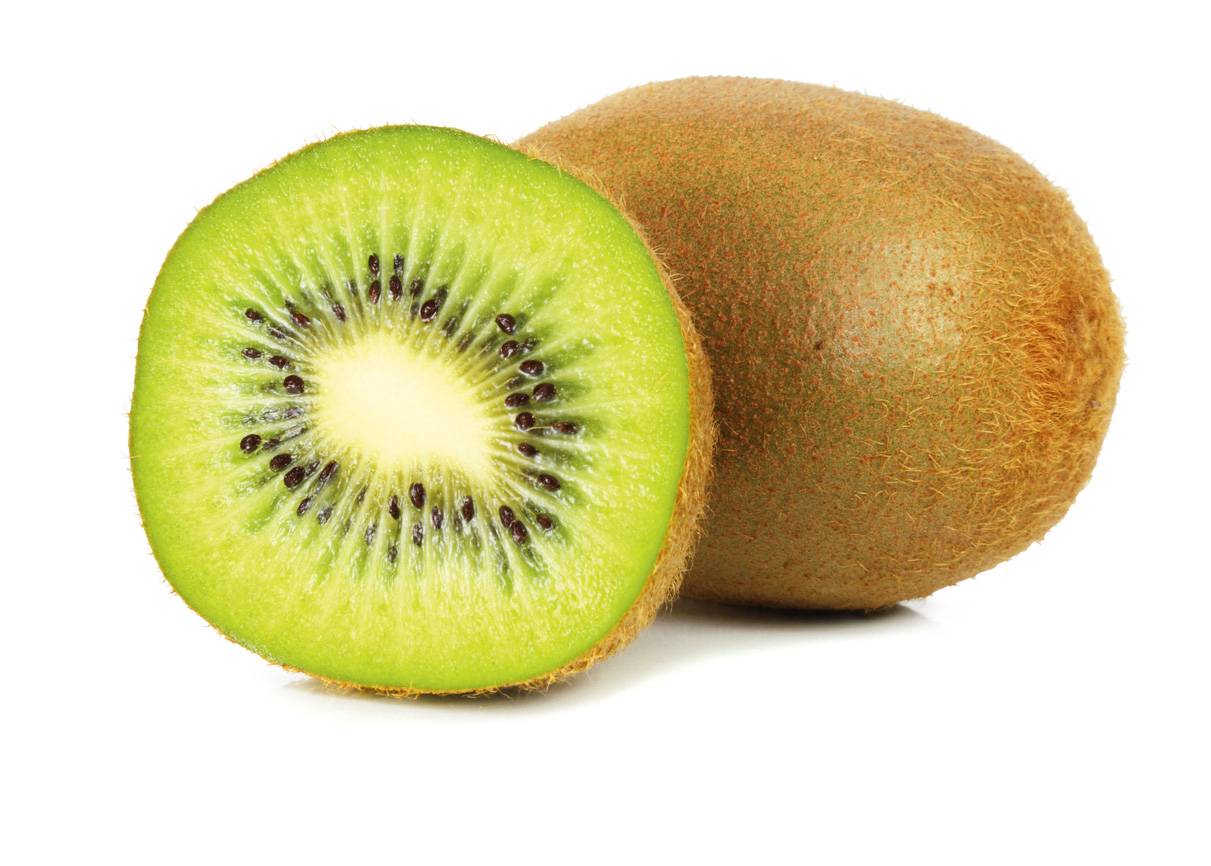We should be eating two servings of fruit and three servings of vegetables each day, according to new research
By Caitlin Finlay
Experts have long recommended that we consume five servings of fruits and vegetables every day, but no one’s ever specified how much of each we should be getting. Now a new study not only supports the five-a-day recommendation, but also suggests that the best combination for a longer life is two servings of fruit and three of vegetables.
Previous research has shown that consuming the recommended amount of fruits and vegetables lowers one’s risk for cardiovascular disease, cancer, and premature death, and yet, according to the US Centers for Disease Control and Prevention, only about one in 10 adults meets the target.
Researchers at Harvard Medical School analyzed observations from two long-term studies—the Nurse’s Health Study and the Health Professionals Follow-Up Study—that included 66,719 female participants and 42,016 male participants, respectively. Observations were also included from about 1.9 million participants within 26 studies from 29 countries and territories in North and South America, Australia, Africa, Asia, and Europe.
The Harvard study found that participants who consumed five servings of fruits and vegetables daily had the lowest incidence of death, and the greatest benefit was among those whose five servings consisted of two of fruits and three of vegetables. Those who ate more than the recommended five servings a day saw no additional benefit. Compared to those who ate only two servings of fruits and vegetables daily, the group consuming five servings a day had a lower incidence of respiratory disease (35% lower), death (13%), cardiovascular disease (12%), and cancer (10%). The findings were published on March 1, 2021, in the American Heart Association’s journal Circulation.
The study also showed that not all fruits and vegetables are created equal; those that demonstrated health benefits included leafy greens, citrus fruits, berries, and carrots, while fruit juices, starchy vegetables such as peas and corn, and potatoes showed no reduction in risk for death.
“The American Heart Association recommends filling at least half your plate with fruits and vegetables at each meal,” Anne Thorndike, chair of the American Heart Association’s nutrition committee and an associate professor of medicine at Harvard Medical School, said in a press release. (Health Canada makes the same recommendation.) “This research provides strong evidence for the lifelong benefits of eating fruits and vegetables and suggests a goal amount to consume daily for ideal health. Fruits and vegetables are naturally packaged sources of nutrients that can be included in most meals and snacks, and they are essential for keeping our hearts and bodies healthy.”
Photo: iStock/seb_ra.






